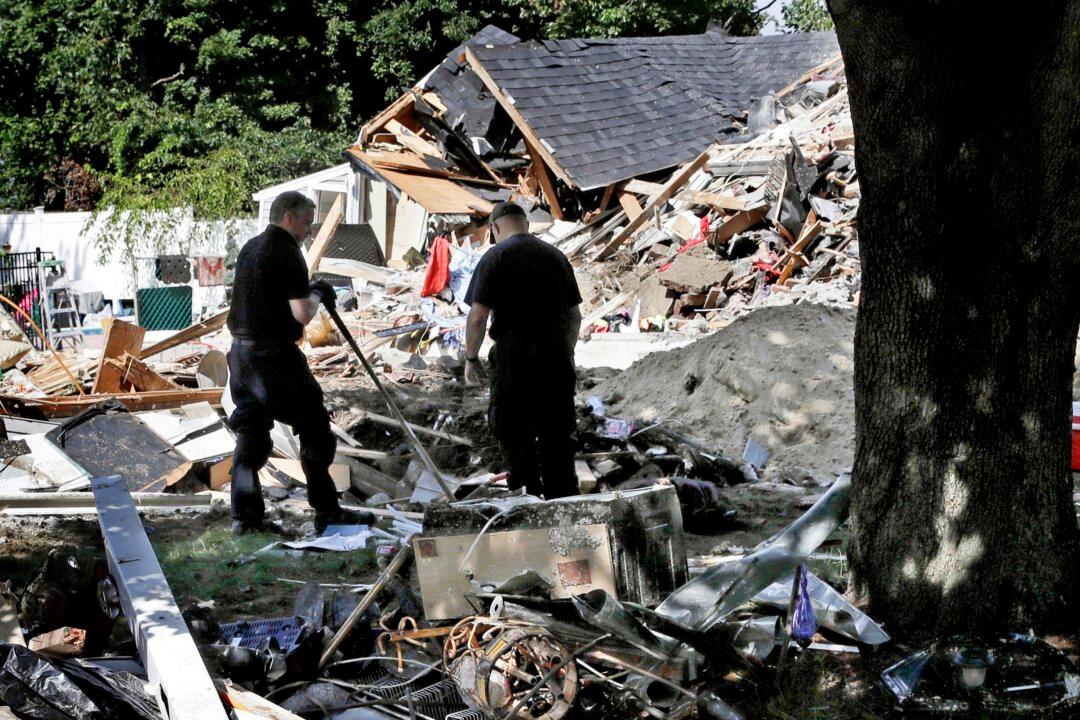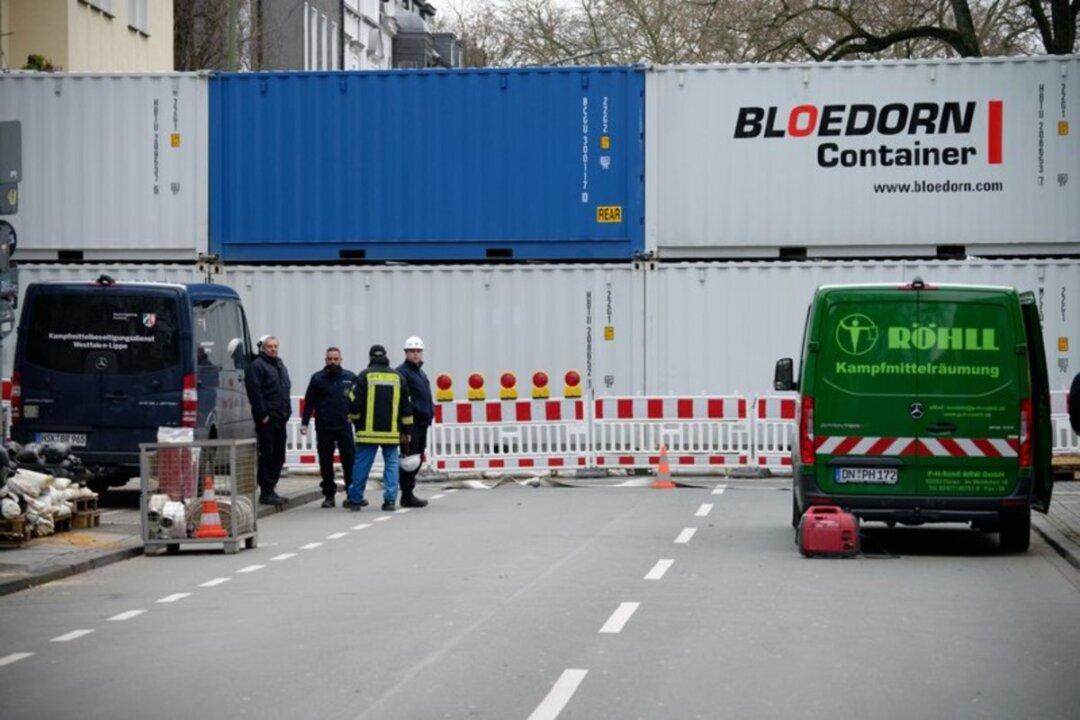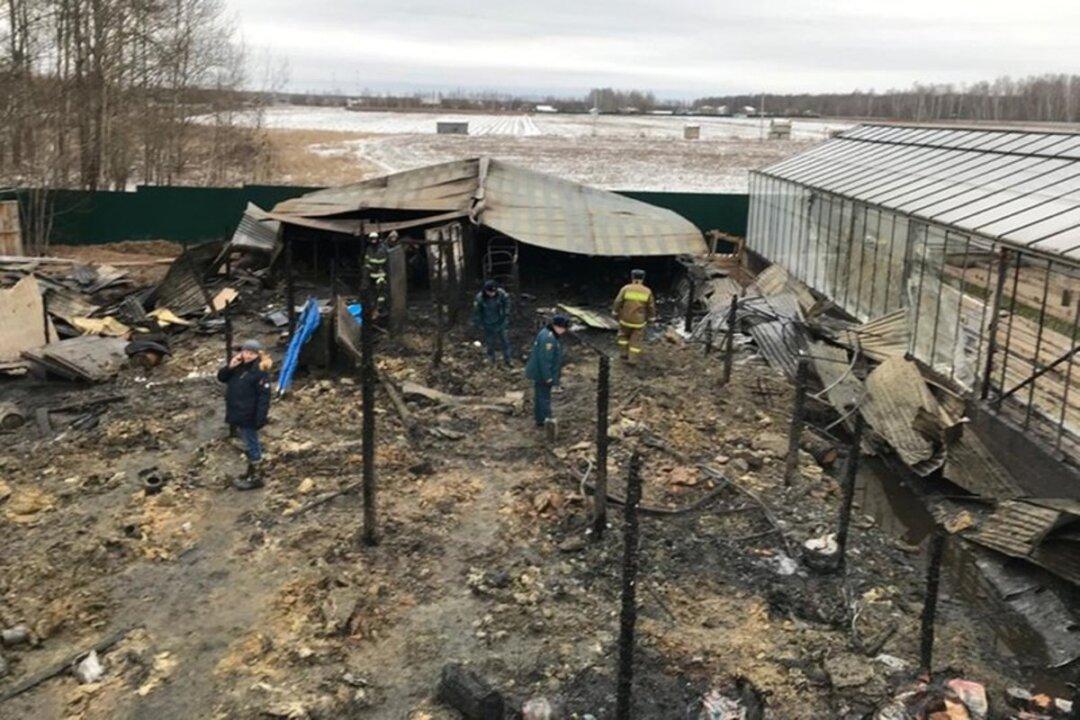Columbia Gas of Massachusetts must pay the highest criminal fine—$53 million—ever imposed on any utility in the United States for breaking the Pipeline Safety Act. The company pleaded guilty to damaging several houses and killing one person as a result of natural gas explosions in Massachusetts, according to officials on Feb. 26.
The gas explosion affected three communities in the Merrimack Valley, north of Boston, in September 2018, and the company accepted to pay the fine to settle a federal investigation into the incident.




